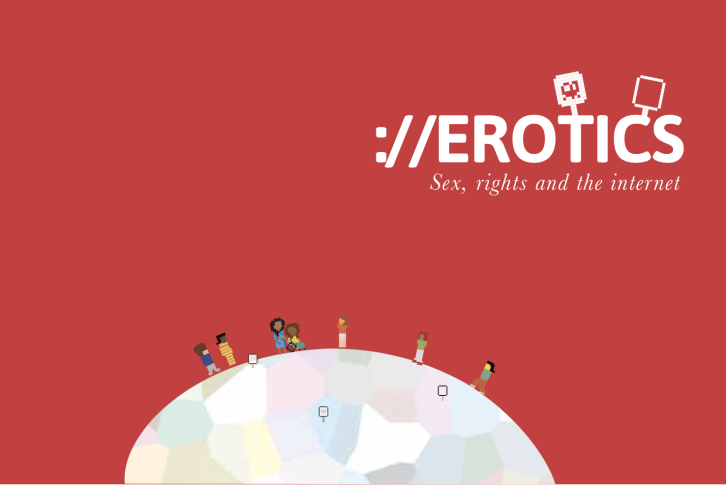
The EROTICS project looks at the impact of regulatory frameworks and control mechanisms on the actual lived practices, experiences and concerns of internet users in the exercise of their sexual rights. The EROTICS case studies showed that while increasing online activity exposes users to certain risks and threats, individuals and collectives are successful in developing means of self-protection, regulation, and empowerment. However, both official and private control initiatives aimed at curbing those risks – broadly justified by the imperative of protecting vulnerable subjects – end up generating restrictions to online activity and content that could otherwise improve the thriving online experience and sexual expression of internet users – in particular of youths, women, and sexual minorities.
To assess the scope of this impact on sexual rights advocacy, the EROTICS team designed and applied a global survey with two primary objectives. One was to map how sexual rights activists (on a variety of issues and from different countries) use the internet to advance their work. The other objective was to document and provide insights on the types of risks, harassment, content regulation, or censorship they deal with, and how they respond to them; that is, what online content, practices, and modes of interaction broadly related to the exercise of sexual rights may be subject to censorship, limitations, threats, or violence. The survey reached out to respondents self-identified as (broadly) “working” on women’s and sexual rights, which potentially included activists, scholars, experts and supporters; that is, individuals who are particularly sensitive to issues around sexual rights and the internet. Women’s rights, LGBTIQ and other activists, advocates, and intellectuals were invited to respond to a questionnaire addressing issues of access, use of internet resources for advocacy, online safety, and censorship. The global survey was launched in 2013, and a slightly revised version of the questionnaire was applied in a follow-up version of the survey in 2014.
At a very general level, due to the global scope of this research exercise, this report provides some insights on the social, political and technical contexts of internet use by gender and sexuality activists worldwide, as well as the security challenges they face, and limitations to the exercise of sexual rights, and how they currently negotiate them. It also relates some challenges met in the implementation of the survey, and suggests further avenues of inquiry. We expect that these findings and further developments based on this exercise will illuminate the connections between the regulation of sexual speech and content on the internet, and provide evidence to explain the impact of such regulation on sexual rights activists’ work, as well as the lives of their constituents. These insights might also help explore strategic ways for sexual rights activists to address digital security and advocate for gender and sexuality issues among internet rights activists.